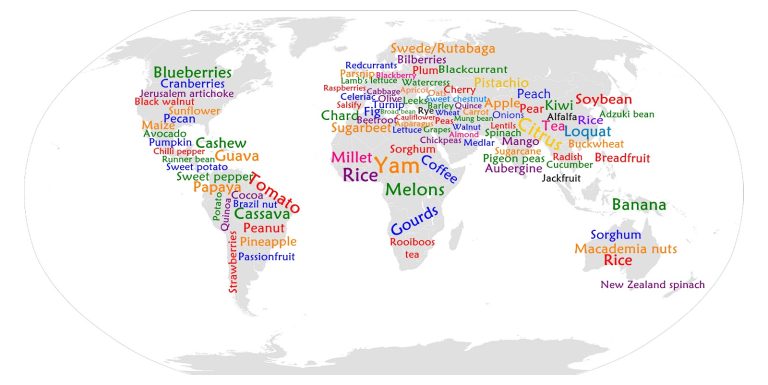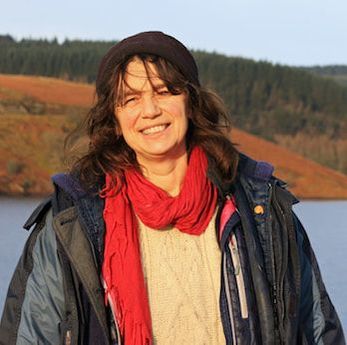How do we ensure that alternative spaces are welcoming spaces?
By Marit Parker
Women working within large corporations sometimes assume it must be so much easier in alternative organisations. Sadly, this is not necessarily the case.
Six years ago, at the first Welsh national gathering of an environmental organisation, a working group was formed. With 12 people in the group initially, there was a wide range of pre-conceived ideas and assumptions. One or two were keen on marketing and membership, but this was met with disinterest, so they left. One or two argued against any notion that Wales might be different from England, and resisted any move towards bilingualism. These sentiments were met first with shock and then with the gradual emergence of different voices introducing words like ‘patriarchal’ and ‘colonialism’. So eventually the group whittled down to just a few, who all happened to be women, and who all identified as Welsh*.
We were under pressure from the UK organisation to move quickly. Both England and Scotland had a demonstration network of food-growing projects and we were expected to replicate this in Wales. But we resisted, sensing that we needed to find a vision which somehow encompassed Welsh culture, although we were unsure how to do this.
During a weekend at Llananant Farm three years ago, a clear idea emerged, based on all three underlying ethics of the movement ( earth care, people care, fair shares), not just the first one. We realised we wanted to highlight people/projects/organisations working in at least one of all three areas, so some might not be land-based at all. We also wanted to be inclusive and to highlight those already getting on with it, without necessarily being part of the movement, perhaps never having heard of it, but nevertheless, to a greater or lesser extent, showing what putting one or more of the ethics into practice means.
At about the same time we also started learning about sociocracy. A key part of sociocracy is decision-making by consent. This is different from consensus, because people who can see potential difficulties with a particular course of action can nevertheless consent to it being a risk worth taking, after all concerns have first been considered by everyone in turn.
With a clear vision and a thoughtful, inclusive approach, other people came on board, so now the organisation is active and dynamic.
However, I feel the difficulties arising from the pressures, restrictions and expectations of the UK organisation are getting worse, so the chance to reflect on this at the recent Women in Leadership conference was invaluable and enlightening.

Playing with chalk lines on the barn floor, it struck me what different spaces the Welsh and UK organisations occupy. The UK structure includes a CEO, a man occupying a traditionally masculine role. Ambitious perhaps, but firmly within and protecting the status quo: a father figure. The Welsh organisation encourages different people to adopt different roles at different times: definitely dynamic, creative and personal, so tending towards the feminine. It suddenly dawned on me there was a reason why we often feel we are being spoken to like incapable, naughty children. And a reason why I am so angry.
The challenge now is what to do with these insights.
Is this an opportunity for the emergence of a different approach, where we don’t claim to have all the answers? Perhaps this is a crucial point. The Welsh word dysgu means both to learn and to teach, so when you are teaching you are also learning, and vice versa. This requires a degree of humility on the part of teachers, and confidence on the part of learners. Translate this to leadership, and interesting questions arise about the nature of leadership and organisations.
*When the Welsh Assembly was first formed, the Welsh government took the deliberate and enlightened decision to have a civic, not ethnic, definition of Welsh, so anyone living in Wales can consider themselves Welsh if they wish.
This is an updated version of an article originally published in Making Shi(f)t Happen, edited by Sue Pritchard, Carole Elliot and Karen Ward, which was produced following a women’s conference entitled Exploring Women and Leadership at Llananant Farm, June 2017.
Llananant Farm website: https://www.llananant.co.uk/



